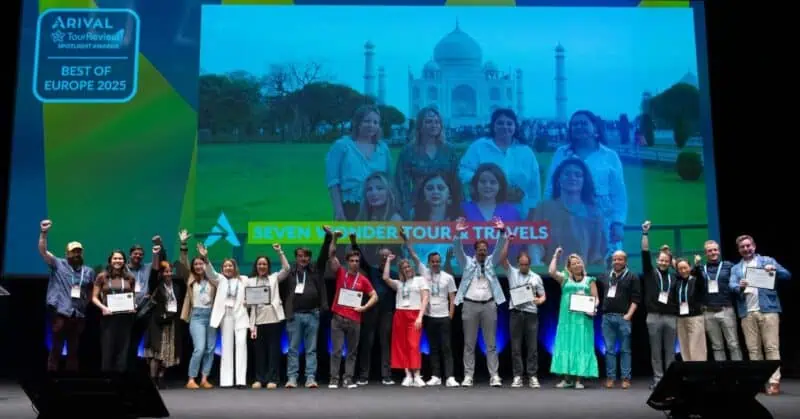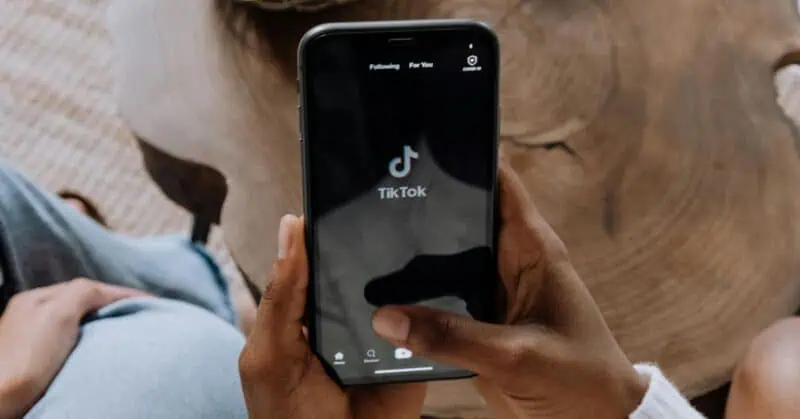Would you travel to see your favorite artist perform or favorite team play? The trend of traveling for ticketed events is on the rise, according to the latest Arival research.
Beyonce and Taylor Swift, for example, sold 7 million tickets for their most recent Renaissance and Eras tours combined, and anywhere between 17-38% of those fans traveled to see their favorite artists perform.
And this is good news for experiences, because when people travel for an event, they don’t just attend the event — usually, they add on a few things, might as well “since we’re already going to be there.” In Singapore, for example, Asia-based online travel agency (OTA) Klook noted a fivefold increase in the number of experiences booked on the platform in the week of Taylor Swift’s concert in that city. Therein lies the power of events for the tours, activities and attractions sector.
In the latest Arival research report, The Power of Events: How Sports and Performing Arts Drive Tourism, we dive deeper into event related travel and the impact that these events have on the tour, activity, and experience sector, with insights on the key trends around events, from event booking trends, to how and when travelers choose and purchase events and the related travel.

Events are a Big deal
A large number of travelers (over 25%) from the U.S. and Europe attended some kind of sporting or performing arts event while on a trip. European travelers tended to prefer performing arts events such as music, theater, or cultural events while U.S. travelers were fairly evenly split between performing arts and sporting events.
Music concerts and theater ranked as the most popular performing arts events attended by travelers. With big name performers such as Taylor Swift and Beyonce performing in many major destinations globally, many fans chose to travel for these performances rather than attend them in their hometowns.
With tickets for major performers a fraction of the cost in Europe compared to cities like New York, San Francisco, or Los Angeles, some U.S. fans have realized by traveling to Europe to see their favorite performers they can include a trip in the mix, for a similar cost of purchasing higher-priced local tickets.
@kylynschnelle Down with Ticketmaster #ticketmasterfail #ticketmastersucks #breakupmonopolies ♬ original sound – Kylyn Schnelle
Lower ticket costs are motivating fans to travel to see their favorite performers live, as this TikToker explains
Part of the reason why ticket costs are so much lower in Europe than the U.S. is that many European countries have strict legislation around consumer ticket pricing and reselling of tickets, as opposed to markets like the United States where ticketing companies and resellers drive up the cost of tickets and there is no limit to how much resellers can charge, which is how ticket prices for one Taylor Swift show went from a range of $49 – $449 per ticket to a jaw-dropping $11,000 (or, a pretty comfortable budget for a trip to Europe).
30 September – 3 October 2025
Insider Pro Access Members Save 20%
THE event of the year for solutions-focused In-Destination Experience creators and sellers
Get Your Spring Savings Ticket Today!
Football for the Win
When it comes to sporting events, the clear winner is football, or soccer as it is referred to in the U.S. With over 59% of Europeans and 50% of Americans having attended a football game. With the Paris Olympics coming up this summer, and FIFA World Cup coming up in 2026, we are sure to see a surge of event based travel as a result. Not surprisingly, U.S.-centric sports such as American football, basketball, and baseball all tended to skew heavily to U.S. travelers traveling domestically for both college and professional level games.
What is driving this trend? As we have seen in other segments of the in-destination experiences, young people are predominantly driving interest in participating in events during trips. Our consumer research showed that nearly half of the U.S. travelers who attended an event were between 18 and 35, almost double the number of those over the age of 55. In Europe 30% of travelers between 18 and 35 attended events versus just 15% of those over 55.

In addition, these travelers are not just adding these events on to an existing trip. For more than a quarter of the trips that include an event, the event is the main driver for the trip. This means that for a large segment of travelers, attending the event is the primary reason for going on the trip, whether that’s to see Taylor Swift in Paris, Beyonce in Cardiff, or the World Cup in Vancouver.

Online & Mobile Ticketing
But it’s not just big name performers or major world sporting events that are driving travel. People travel to see all kinds of events including theater and lesser known artists. Many of these events and trips are influenced by friends and family and subsequently researched online.
And, as would be expected, these travelers are also securing their tickets for these events before they purchase other travel components such as airfare and accommodations. For both performing arts and sports events, up to 50% of travelers purchased tickets two weeks or more in advance of other trip components, compared to just 25% for guided tours.
Travelers also prefer to purchase and receive their tickets using a computer or mobile devices. The only exception to this is with sporting events in the U.S. where purchasing tickets through a ticket office was the second most popular method for purchasing tickets. It’s unclear why this is the case but it may be due to the fact that there is little need to purchase college level tickets in advance as they are readily available for last minute purchase. The exception seems to be for playoff and championship games where tickets become more scarce and more expensive.

Learn More About The Power of Events
Events have been and will continue to be an important driver for travel to destinations. Because of this, it makes sense for online travel agencies (OTAs) and other marketplaces to integrate event tickets into their inventory in order to capture demand. For destinations, this signals a clear opportunity to attract events in order to increase visitorship and cross promote local activities and experiences to travelers who are already planning on visiting for a specific event. And for operators, of course, the opportunities abound to attract more travelers to their experiences during times of increased visitation to their destinations.
After all, when Beyonce is in town, everyone including local tourism businesses might just experience a Renaissance.

Learn more in Arival’s latest report on The Power of Events: How Sports and Performing Arts Drive Tourism.
Become an Insider Pro Access member today and get access to the full library of Arival research, plus many other benefits such as free consulting sessions, special discounts and 20% off in-person events, starting from $179 per year.
Sign up to receive insights tailored for the in-destination industry as well as updates on Arival.
Header image: Pexels / Wendy Wei

















